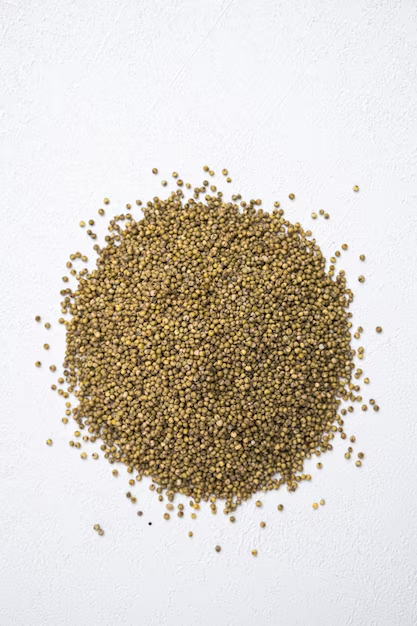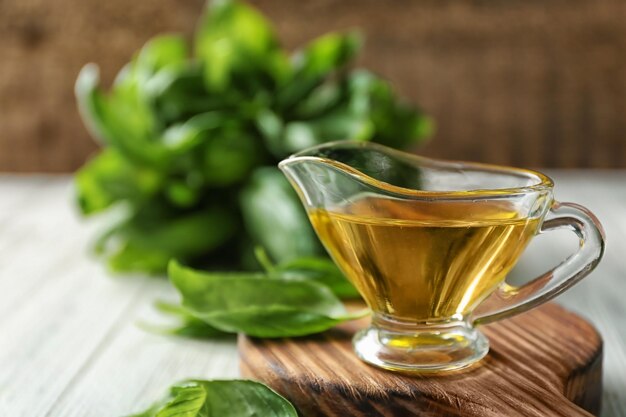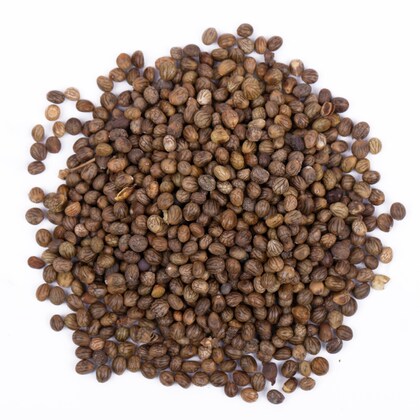INTRODUCTION:
Tukhm-e-Kanucha is a traditional herbal remedy commonly used in Unani and Ayurvedic medicine. The term “Tukhm” means “seed” in Persian/Urdu, and “Kanucha” refers to the plant source. These seeds are recognized for their therapeutic properties and are used to treat a variety of health conditions, particularly those related to the urinary system, reproductive system, and nervous disorders.

- Hindi: Hajarmani, Kanocha
- English: Madras Leaf‑Flower, canoeweed
- Kannada: Madaraas Nelli
- Marathi: Bhuiavali, Kachora
- Tamil: Nila‑nelli
- Telugu: Nalla Usirika
- Sanskrit: Bhumyaamalaki
- Urdu: Kanocha
- Arabic: ‘Arq Akhdar’ (Green Arq)
HEALTH BENEFITS:
Antioxidant and Anti-inflammatory:
Rich in flavonoids and polyphenols, these compounds protect cells from damage and reduce inflammation.
Digestive Health:
Can help with conditions like constipation and diarrhea due to their carminative and deobstruent properties.
Urinary Tract Health:
Acting as a diuretic, it can increase urine production, helping to flush toxins from the body and potentially relieve urinary tract infections (UTIs).
Immune System Support:

Believed to have immunomodulatory effects, which can strengthen the body’s ability to fight infections.
Antimicrobial Properties:
May inhibit the growth of bacteria, viruses, and fungi, contributing to its use in treating infections.
Potential Anticancer Effects:
Some clinical studies suggest efficacy in the treatment of certain cancers.
Minerals:
Good source of iron, calcium, and magnesium, which are essential for overall health.
Vitamins:
Contains Vitamin A, Vitamin C, and Vitamin K.
Dietary Fibers:
Supports a healthy digestive system.
Bioactive Compounds:
Rich in flavonoids and polyphenols with antioxidant and anti-inflammatory properties.
SIDE EFFECTS:
Pregnant and Breastfeeding Individuals:
Avoid use during pregnancy and while breastfeeding.
Individuals on Certain Medications:
Avoid if you are taking digoxin, lithium, stimulant laxatives, or diuretic drugs.
Headache:
Inhaling the plant may cause headaches.
Skin Reactions:
The plant can be a source of cutaneous toxicity.
Allergic Reactions:
Like many herbal remedies, it can trigger allergic responses or other adverse effects, such as muscle or joint pain.
HOW TO USE:
Powder Form (Churna)
Dosage: 3 to 5 grams
How to take: Mix with lukewarm water, honey, or milk
When to take: Once or twice daily, preferably after meals
Uses: Acts as a nervine tonic, helps with anxiety, insomnia, and sexual weakness
Seed Paste
Preparation: Grind the seeds into a fine paste
How to take: 1 teaspoon with warm milk or water
Uses: Used for strengthening nerves and improving libido
Decoction (Joshanda)
Preparation: Boil 5 grams of seeds in 200 ml water → reduce to half → strain
Dosage: 50–100 ml
When to take: Once or twice daily
Uses: Diuretic, helpful in urinary problems and internal inflammation
With Honey

How to take: 1 teaspoon of powdered seeds mixed with 1 teaspoon of honey
Benefits: Boosts energy, libido, and mental calmness
Seed Oil (if extracted)
Application: Applied to skin or scalp
Uses: Moisturizer, relieves joint pain, improves hair health
Precautions
Not suitable for pregnant or lactating women
Avoid in case of severe psychiatric conditions
Use non-psychoactive seeds only (seeds contain negligible THC but should be sourced responsibly)
Do not exceed the recommended dosage
Always source from a trusted herbal supplier
This Article is for Basic Information. Contact a professional doctor before using it.
This Article is for Basic Information. Contact a professional doctor before using it.
HAKEEM KARAMAT ULLAH




